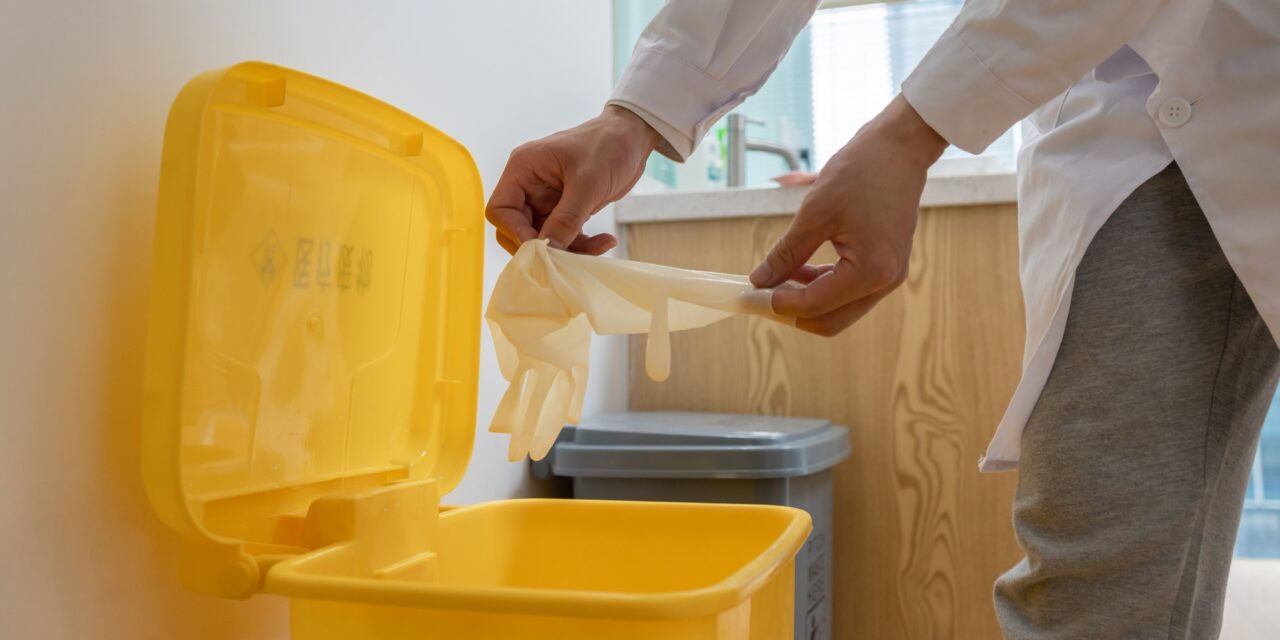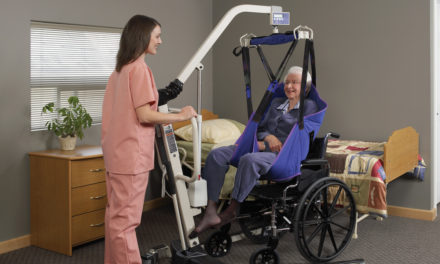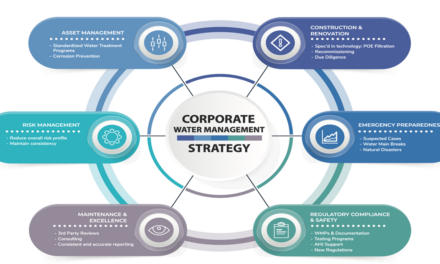Top considerations for creating a medical waste program for healthcare facilities
10%–25% of healthcare waste is regarded as “hazardous” and may pose a variety of environmental and health risks, including the spread of HIV and hepatitis B and C, according to the National Center for Biotechnology information1. In the healthcare industry, proper medical waste management is not only a legal obligation but also an ethical responsibility. Ensuring the safe and responsible disposal of medical waste is paramount to protecting healthcare workers, patients, and the environment. Today, we’ll share 10 key factors in building a medical waste management program for healthcare providers so you can maintain compliance, safety and environmental responsibility.
What is considered medical waste?
There are five categories medical waste falls under. Onsite, a prominent medical waste management provider in the healthcare industry, describes these categories as2:
- “Infectious Waste: Materials contaminated with pathogens, such as used gloves, bandages, and cultures.
- Sharps Waste: Needles, syringes, and other sharp objects that may carry infection.
- Hazardous Waste: Chemicals, pharmaceuticals, and other substances with the potential to harm human health or the environment.
- Radioactive Waste: Materials contaminated with radioactive substances.
- Non-Hazardous Waste: General waste generated in healthcare settings that does not pose a significant risk1.”
10 Key considerations in building your medical waste management program
When building the right medical waste program, you need ensure the program includes the following:
- Segregation: using the different medical waste categories as listed above, your staff must use color-coded waste receptacles to properly sort medical waste. This is to prevent contamination, as well as make disposal easier.
- Regulatory Compliance: Compliance with federal, state, and local regulations is essential. As a healthcare provider, you must stay informed about changing regulations and ensure your waste management practices follow the law. This includes proper labeling, manifesting, and record-keeping.
- Secure Collection: Since medical waste can consist of sharp objects or biohazards, using secure and labeled containers is necessary to prevent contamination and keep staff as safe as possible. Ensure these containers are easily accessible within the facility.
- Safe Storage: Medical waste should not be accessible to everyone. Ensure any medical waste receptacles are stored in a dedicated and secure area away from patients and inaccessible to unauthorized staff. If needed, ensure this area has proper ventilation and temperature control to manage odors and decomposition.
- Transportation: Licensed and trained personnel using specialized vehicles that comply with regulations are the only people who should transport medical waste from your facility. Establish contracts with reputable waste transport companies to ensure proper transportation standards are met.
- Treatment and Disposal: All medical waste needs treatment and proper disposal. The waste type will determine whether it needs incineration, autoclaving, chemical treatment or other methods. Ensure any staff handling medical waste are up to date with treatment and disposal methods.
- Training and Education: Mitigate accidents and regulatory violations through continuous training and education so all your staff know proper medical waste management protocols.
- Emergency Response: Healthcare providers should have clear procedures in place to respond to spills or accidents involving medical waste. Rapid response teams should be trained and ready to minimize risks.
- Sustainability: Some healthcare facilities may choose to incorporate sustainability initiatives into their medical waste management plans. This can include recycling programs for certain materials and exploring environmentally friendly disposal methods.
- Cost Efficiency: Balancing cost-effectiveness with safety and compliance is crucial. Healthcare providers should work with medical waste service providers to tailor their waste management plans to their specific needs and budgets.
Find the right medical waste services for your facility
Medical waste management is a complex and critical aspect of healthcare operations. You need to be diligent and consistent in your efforts to ensure safe and responsible medical waste disposal. When choosing your medical waste program, consider using medical waste services in your area to ensure your facility is adhering to the proper segregation practices, staying compliant with regulations and prioritizing safety and sustainability.Effective medical waste management not only protects the well-being of healthcare workers and patients but also safeguards our environment for future generations.
Responsible Medical Waste Management with Onsite
Explore the easy solution to medical waste management for your healthcare facility.




